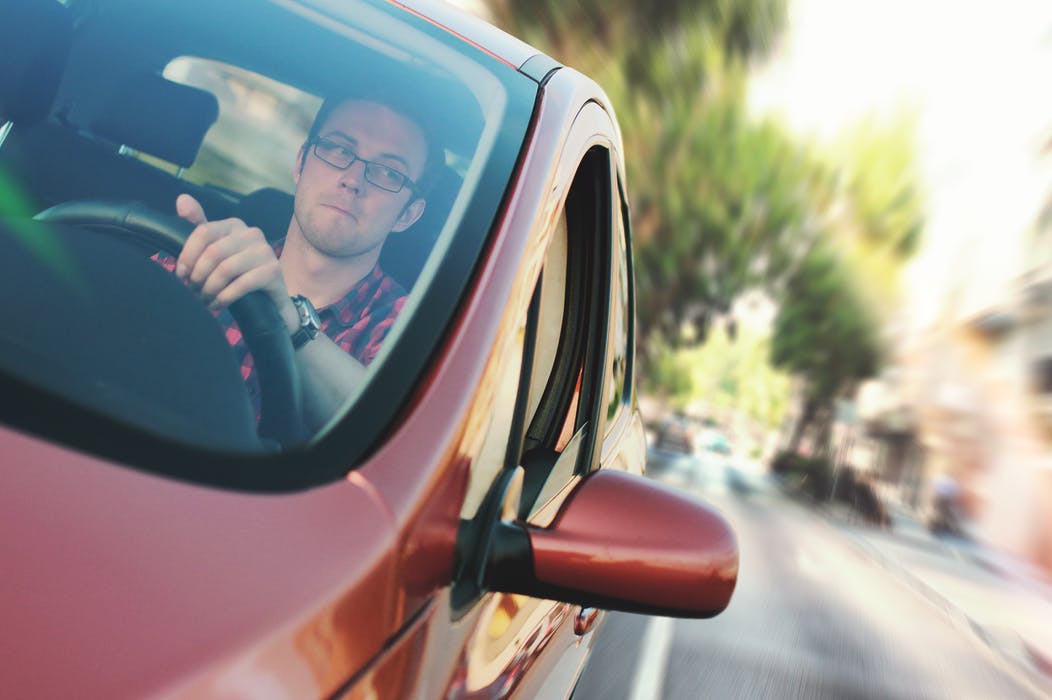Thousands of elderly adults are killed every year in motor vehicles crashes and hundreds of thousands of people every year end up in the emergency department as a result of car accidents that involve seniors. What that basically means is that many people are injured or killed every single day due to elderly drivers who are no longer fit to operate a vehicle. The use of a vehicle is considered to be a highly important factor in the day to day lives of most people. It is important to many because it provides independence and freedom – for many people their livelihoods are tied to their vehicles and they need to drive to do daily activities such as shopping and going to appointments, but at a certain point many people reach a stage where they are no longer fit to drive. The thought of having a license revoked can be quite confronting and can make people feel that they are isolated from the rest of the world. Unfortunately, in some cases it is necessary to revoke a license. GP’s and driving evaluation for senior’s assessment can help to determine someone’s fitness to drive.
There are a number of other medical conditions out there that can also impact a drivers ability to drive such as people suffering from hypoglycaemia and epilepsy – drivers who suspect they may be impaired should speak to their GP or attend and assessment.
Older drivers in Australia
There are many older drivers in Australia – most of whom are fit to drive but some who are not. It can be difficult to determine fitness, especially for elderly people suffering from progressive diseases like Alzheimer’s. So what can we do and how can we decide when it’s time for them to stop driving?
Driving evaluation for seniors is one of the best ways to assess whether elderly drivers are still safe to be on the road. In Australia driving evaluation for senior’s procedures take place in advanced age. People over the age of 85 are required to renew their license every year by taking part in driving evaluation for seniors tests and assessments.
Why it’s important?
Many elderly people do not realise when their cognitive abilities are on the decline and may not recognise when their ability to safely drive is on the decline. It is common for many people to suffer from cognitive difficulties due to failing health and progressive diseases associated with old age. In order to ensure that our roads are safer, elderly drivers are asked to submit to regular assessments and driver evaluation for seniors to renew their licenses. These assessments aim to assess the elderly drivers ability to safely operate a vehicle. It will check that they are able to remain attentive in the vehicle and that they can correctly judge situations.
Those being assessed are asked to complete computerised driving evaluation of senior tests which check reaction times and the ability of drivers to correctly understand the rules of the road. They can help examiners to understand how consistently drivers can react and respond appropriately in situations on the road.
Additionally, drivers may undertake practical tests to check their awareness and ability on the road. During these tests the visual, cognitive and decision-making abilities of the driver are assessed. Drivers will have to show that they can safely perform in a vehicle which means they’ll need to appropriately stop at traffic lights, park and stop as well as respond to hazards on the road under different conditions.
Hopefully this information about driving evaluation for seniors has been helpful for you.



